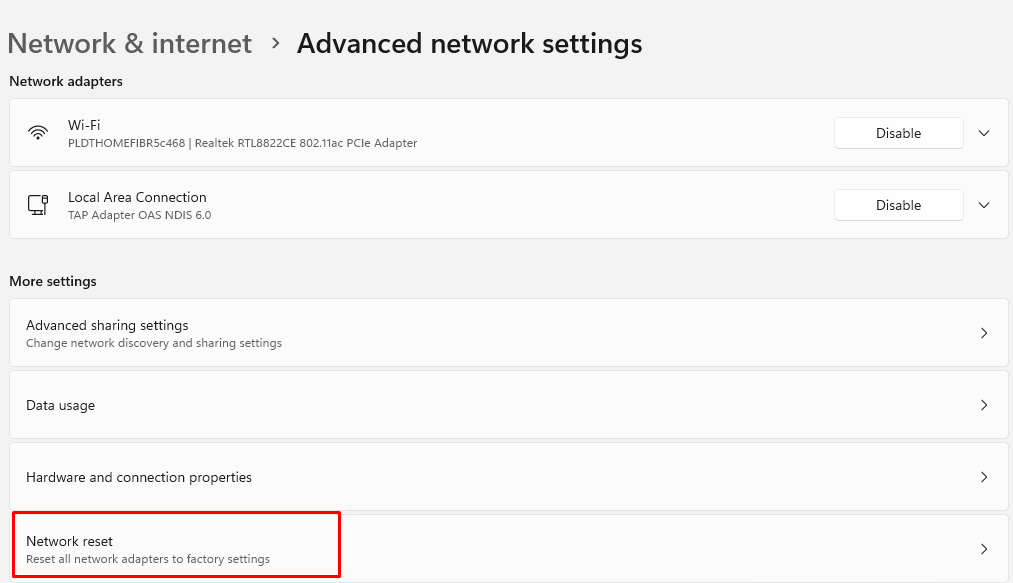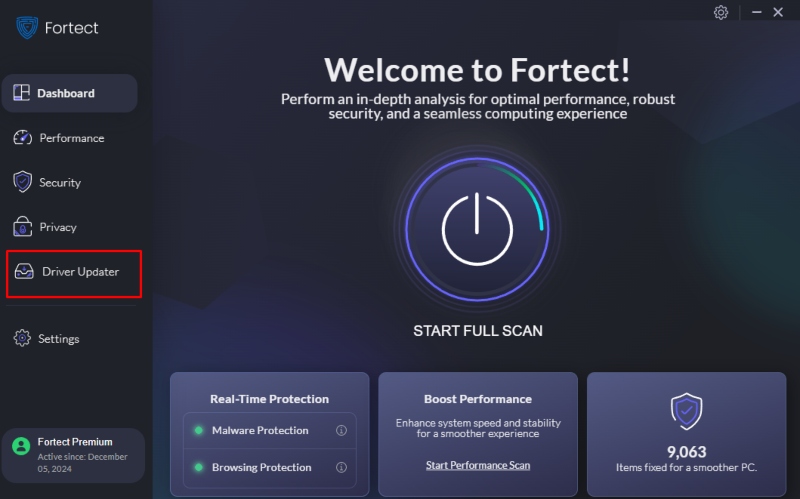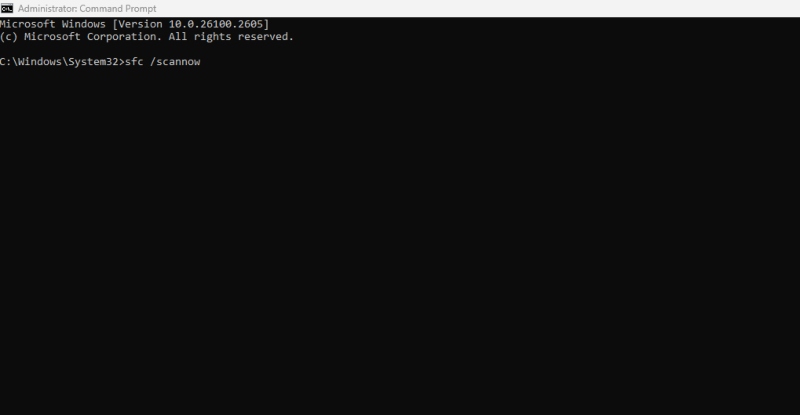Solved: Windows Says ‘No Internet’ But You’re Connected
Seeing a “No Internet” message on Windows can be frustrating despite being connected. This issue can stem from network adapter problems, incorrect DNS settings, or even corrupted system files. We will examine the causes and provide step-by-step solutions to restore your internet connection.
Why Does Windows Say ‘No Internet’ When You’re Connected?
Several factors can cause this issue, including:
- Network adapter issues – Outdated or corrupted drivers can interfere with connectivity.
- DNS or IP configuration errors – Misconfigured settings can block Internet access.
- Windows network bugs – System updates or software conflicts can disrupt connectivity.
- Firewall or VPN interference – Overprotective security settings may prevent proper network communication.
- Corrupted system files – Damaged Windows files can impact network functions.
How to Fix the ‘No Internet’ Issue on Windows
Follow these solutions to resolve the problem:
1. Restart Your Router and PC
A simple restart can fix temporary network glitches.
- Turn off your router, wait 30 seconds, and turn it back on.
- Restart your Windows PC.
Check if the “No Internet” message disappears.
2. Run the Windows Network Troubleshooter
Windows has a built-in troubleshooter that can detect and fix network problems.
- Press Win + I to open Settings.
- Go to System> Troubleshoot > Other troubleshooters.
- Click Run next to Internet Connections.
- Follow the on-screen instructions.
3. Reset Network Settings

Resetting network settings can clear any misconfigurations affecting connectivity.
- Open Settings (Win + I).
- Navigate to Network & internet > Advanced network settings.
- Scroll down and select Network Reset.
- Click Reset now and restart your PC.
4. Update or Reinstall Network Drivers
Outdated or corrupted drivers may cause network issues.
- Press Win + X and select Device Manager.
- Expand Network adapters.
- Right-click your network adapter and select Update driver.
- Choose Search automatically for drivers.
If updating doesn’t work, uninstall the driver and restart your PC. Windows will reinstall it automatically.

If your Windows system frequently encounters network-related issues, it may be due to corrupted system files or outdated drivers. Fortect provides an all-in-one PC repair solution that automatically scans for issues. Its built-in driver updater scans all outdated and corrupted drivers, such as network drivers, and automatically updates them. This ensures stable performance and reduces connectivity issues.
Download and install Fortect to maintain a stable and optimized Windows experience.
5. Flush DNS and Reset TCP/IP
Incorrect DNS cache or TCP/IP settings can cause network errors.
- Open Command Prompt as Administrator.
- Type the following commands, pressing Enter after each:
- netsh winsock reset
- netsh int ip reset
- ipconfig /flushdns
- ipconfig /release
- ipconfig /renew
3. Restart your PC and check if the issue is resolved.
6. Disable Proxy Settings
Incorrect proxy settings may block internet access.
- Press Win + I and go to Network & internet.
- Click Proxy on the left sidebar.
- Turn off the use of a proxy server.
7. Temporarily Disable Firewall and Antivirus
Sometimes, security software can mistakenly block your internet access.
- Turn off your firewall or antivirus and check if the connection is restored.
- If the issue is resolved, add your network connection to the exceptions list in your security software.
8. Repair Corrupted System Files

Corrupted system files can lead to network issues. Running an SFC (System File Checker) and DISM (Deployment Image Servicing and Management) scan can help fix this.
- Open Command Prompt as Administrator.
- Run these commands one by one:
- sfc /scannow
- dism /online /cleanup-image /restorehealth
- Wait for the process to complete, then restart your PC.
Final Thoughts
The “No Internet” error on Windows can be frustrating, but you can quickly restore your connection with these troubleshooting steps. Start with essential solutions like restarting your router and PC, then move on to advanced fixes like updating drivers and flushing DNS. If the issue persists, consider using a tool like Fortect to optimize your System and eliminate network-related errors.




